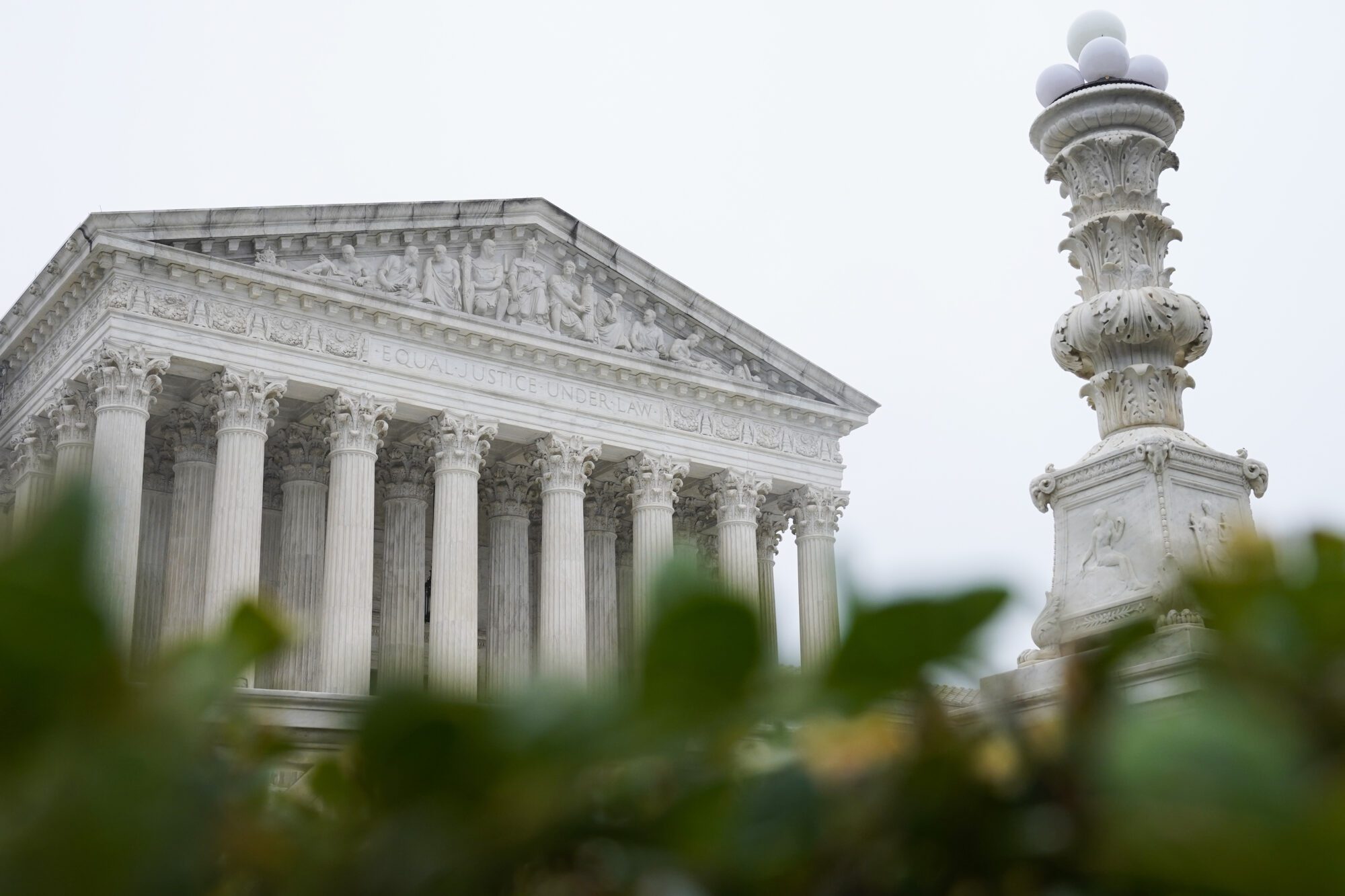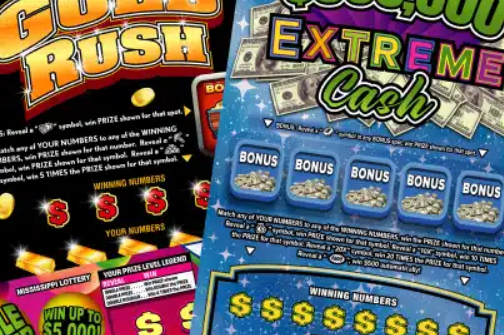Liveblogging the Jones v Scruggs firm part 5: Dewitt Lovelace
Final argument:
Judge states this is a joint venture, and he has previously ruled that the action of one joint venturer is the action of all for purposes of sanctions in this matter.
Moffett argues inherent power to look at lesser sanctions than default, says that the criminal punishments are sufficient punishment and deterence, the other defendants were not in bad faith. Bad faith is personal.
Moffett: The plaintiffs haven’t suffered any damages from this alleged wrongful conduct [this got a silent guffaw from Grady Tollison].
Moffett: Don Barrett individually is a defendant in this case. He was not a member of SKG, but is named individually. If a default is entered against Mr. Barrett, they have allegations in their complaint about him individually which if taken as true would expose Mr. Barrett to punitive damages for the conflict in the underlying fee dispute. That would be double punishment against Mr. Barrett.
Judge: I’m ready to rule.
Final argument:
Judge states this is a joint venture, and he has previously ruled that the action of one joint venturer is the action of all for purposes of sanctions in this matter.
Moffett argues inherent power to look at lesser sanctions than default, says that the criminal punishments are sufficient punishment and deterence, the other defendants were not in bad faith. Bad faith is personal.
Moffett: The plaintiffs haven’t suffered any damages from this alleged wrongful conduct [this got a silent guffaw from Grady Tollison].
Moffett: Don Barrett individually is a defendant in this case. He was not a member of SKG, but is named individually. If a default is entered against Mr. Barrett, they have allegations in their complaint about him individually which if taken as true would expose Mr. Barrett to punitive damages for the conflict in the underlying fee dispute. That would be double punishment against Mr. Barrett.
Judge: I’m ready to rule.
Final argument:
Judge states this is a joint venture, and he has previously ruled that the action of one joint venturer is the action of all for purposes of sanctions in this matter.
Moffett argues inherent power to look at lesser sanctions than default, says that the criminal punishments are sufficient punishment and deterence, the other defendants were not in bad faith. Bad faith is personal.
Moffett: The plaintiffs haven’t suffered any damages from this alleged wrongful conduct [this got a silent guffaw from Grady Tollison].
Moffett: Don Barrett individually is a defendant in this case. He was not a member of SKG, but is named individually. If a default is entered against Mr. Barrett, they have allegations in their complaint about him individually which if taken as true would expose Mr. Barrett to punitive damages for the conflict in the underlying fee dispute. That would be double punishment against Mr. Barrett.
Judge: I’m ready to rule.
Final argument:
Judge states this is a joint venture, and he has previously ruled that the action of one joint venturer is the action of all for purposes of sanctions in this matter.
Moffett argues inherent power to look at lesser sanctions than default, says that the criminal punishments are sufficient punishment and deterence, the other defendants were not in bad faith. Bad faith is personal.
Moffett: The plaintiffs haven’t suffered any damages from this alleged wrongful conduct [this got a silent guffaw from Grady Tollison].
Moffett: Don Barrett individually is a defendant in this case. He was not a member of SKG, but is named individually. If a default is entered against Mr. Barrett, they have allegations in their complaint about him individually which if taken as true would expose Mr. Barrett to punitive damages for the conflict in the underlying fee dispute. That would be double punishment against Mr. Barrett.
Judge: I’m ready to rule.
Final argument: Liveblogging the Jones v Scruggs hearing part 6
Mayo: Richard Scruggs, his son, and Backstrom have already accepted responsibility for their conduct. They have pled guilty to their charges. … They will pay for their decisions they made for a very long time.
Without dispute, a serious ethical lapse occurred in March of last year but certainly no intent to bribe a judge. No intent to engage in criminal conduct. It was wrong but not criminal. It was the federal government’s intent to pull the matter further along. There was no quid pro quo, no offer to pay money. Not until the demand for money that criminal conduct occurred. Even with that there was no evidence Scruggs knew anything about it.
Judge: How do you account for the statements in the guilty pleas that a meeting took place in March where Mr. Scruggs was involved.
Mayo: Question was whether there was an effort in March to corruptly influence Judge Lackey. Pleas: That there was a conspiracy later on. Mr. Scruggs said he joined the conspiracy later on. Nothing shows intent to commit a crime back in March. Judge Lackey’s testimony puts it in clear context. An ethical lapse clearly. Only in September that Judge Lackey made a request for the money.
Judge: You are arguing entrapment, are you not?
Mayo: Not arguing that, not the criminal case, trying to put this back in context. Damages: attorneys fees. Not a situation where all the fees are causally connected. Does not think plaintiff should get a windfall.
FOLO
4/15/8






